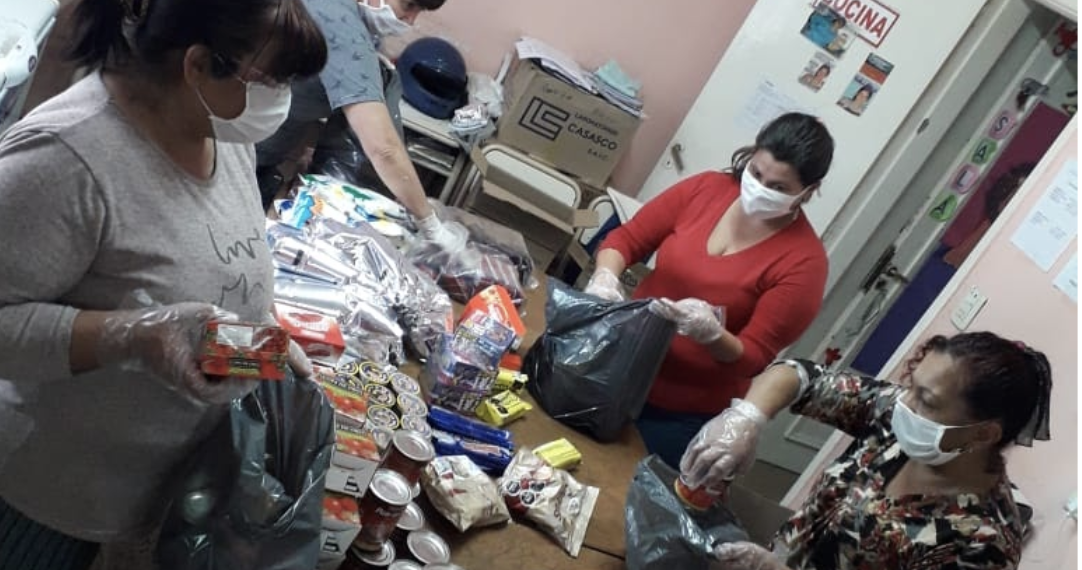
What scares me the most is the uncertainty – how long is this going to take? Nobody knows.
The state has always used minor offences an an excuse to lock us up, to abuse and rape us and fill their corrupted pockets with our money. We suffer continuous violence and the police look away.
Sex work has existed since the beginning of time, but we have no rights or recognition. The government has given economic support to informal and independent workers, but sex workers got nothing.
We have to run so many risks, but we have no social benefits, safety or state protection. We cannot register at the Ministry of Labour, we cannot pay taxes and we cannot pay for social security because, to the government, our profession does not exist.
This non-recognition means life is very precarious. Now we realise how important our health is. As sex workers we have no choice: we have to go to a public hospital with no proper resources, and as soon as they know what we do for a living we suffer stigma, mistreatment and violence. Mistreatment is worse for a woman my age.
These days, sex workers are surviving thanks to communal food banks. We are continually searching for food and donations. Daily survival is extremely difficult.
‘Sex workers’ lives also matter’
What is saving us is our support network. Two years ago, we started a national sex worker network with Ammar Cordoba, together with colleagues in Rosario, Chaco and Neuquén.
During the pandemic, we are using the Internet to connect with colleagues in other parts of Argentina, as well as Brazil and Chile.
This is a big challenge. But this network has saved us during the lockdown. We have organised fundraising campaigns to get food and economic support. Ammar Cordoba started a campaign called: “Sex workers’ lives also matter”.
The donations were divided among the network, to buy food and toiletries for sex workers. We also collected money to support more than 300 sex workers’ families throughout the county and to help fifteen grassroots organisations.
We need to carry on with grassroots strategies. We need to claim our labour rights and demand real access to justice.
Thanks to the network, I have learnt that my work is not illegal, that I have rights and that there are laws against police violence. I have learnt how to defend myself and avoid sexual exploitation.
Most of all, I have learnt that I am part of society.
[As told to Marisa Fassi]
Argentina went into mandatory lockdown on 20 March. Restrictions have now been lifted in many areas, but the lockdown was extended until the end of June in Buenos Aires The government announced various social measures to mitigate the effects of the pandemic, including once-off emergency payments to pensioners, informal workers and low income workers. It also increased assistance to food banks and imposed price ceilings on essential food and toiletries. Layoffs were prohibited for 60 days starting from 31 March. The government also announced that it will provide relief to small and medium companies to the value of US$5 billion, including helping them to pay staff salaries